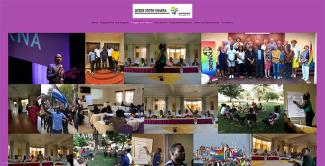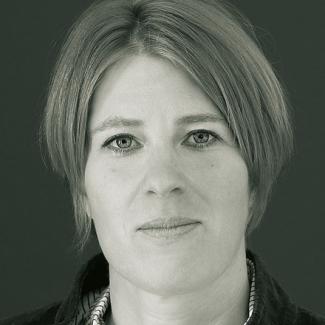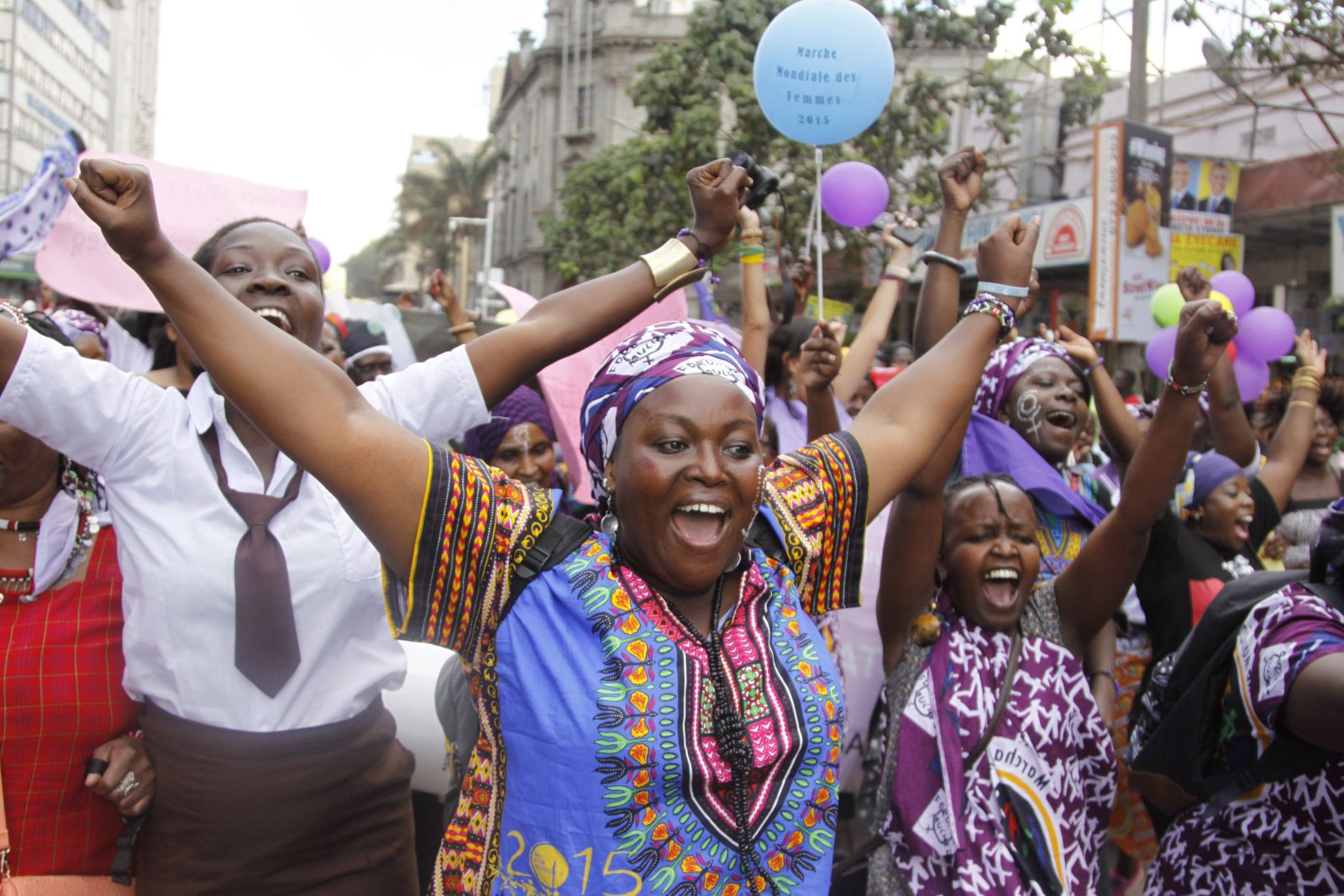Human rights
“LGBT people still tend to hide”

How has the situation of LGBT people changed in Uganda in past decades?
When I grew up, we had no information at all. Every once in a while, there would be a story about a man being arrested for “sodomising” another man. There was no distinction between gay, lesbian or trans people. People said that homosexuality was not part of the African tradition or culture and that “perversions” were being imported from the west. Things were very confusing and frightening for young gay people like me. There has been some progress, however, and the year 2014 was an important turning point in the history of the LGBT movement in Uganda.
What happened?
In 2014, legislators passed a bill that would have introduced the death penalty for homosexuals. That was supposed to become the Anti-Homosexuality Act 2014. The government supported that initiative, and so did some fundamentalist Christian faith leaders. They did not succeed however because a network of civil-society organisations resisted them. It included women’s organisations, HIV/AIDS organisations, human-rights activists and others. Scholars supported us too. We became a coalition that had a lot of influence on public opinion. Many people came to understand that our community is being demonised. The truth is that we are not a danger to anyone and that we have a right to live our lives. What we do with consenting adults in privacy is nobody else’s business.
Did international networking help?
Yes, it was very important in several ways. In 2011, the murder of David Kato, who was Uganda’s first prominent LGBT activist, had made international headlines. We got support from international civil-society organisations, including, though not only, LGBT organisations. The information they provided concerning research insights into health and sexuality was very useful, and it helped to push back against homophobic propaganda. They also provided funding, legal advice and sometimes personal support. Donor governments became aware of how bad homophobia is in Uganda and other African countries. They started to cut official development assistance to Uganda, insisting that our country must follow international human-rights standards. The government felt that pressure and ultimately the “kill-the-gays bill” was nullified by the constitutional court in 2014. The homophobic preachers actually got some support from Evangelical leaders in the USA, for example, but people in Uganda began to understand that they were peddling unscientific lies.
So has homophobia calmed down?
Only to some extent. We still face a lot of harassment and must cope with occasional abuse. Sometimes, people beat us in the streets. I have personally been attacked several times. That can be very frightening, because it makes you feel that you have no safe future. But things have improved nonetheless. When I was attacked in 2019, I went to the police to report the case, though the police didn’t do much investigating. They claim that they have a special LGBT unit but nothing is done in favour of LGBT persons. They continue to blackmail, distort and embarrass the LGBT persons at the police stations. The Ugandan parliament has continued to pass laws that negatively affect the LGBT community. The Computer Misuse Act, for example, makes it illegal to share information about LGBT advocacy online. The punishment can be up to five years in prison. If we want to host a workshop with more than 15 persons, moreover, we have to request a police permission according to the Public Order Management Act. We have to say that the topic is human rights or HIV/AIDS. If we say we want to discuss LGBT rights, we will not get the permission.
Why does Queer Youth Uganda mostly work in your country’s remote and rural areas?
We focus on the rural setting because there are already many organisations for LGBT people in Kampala, the capital. It used to be very difficult for us to reach out to our community in rural areas, but that has changed thanks to social media. There still is a lot of prejudice however, and LGBT people tend to hide.
You grew up in a village yourself. How did you come to understand your own identity?
No one had an idea of who I was. We could not talk about it. I always felt different from the rest, because I was so attracted to the same sex. But I had no idea how I could define this. When it became clear that I feel for people of my same sex, I was rejected by my extended family.
How did your life change when you moved to Kampala?
Well, it is ironic that the anti-gay campaigns of some Ugandan newspapers actually helped me. They mentioned a meeting place, the bar Mama Mia in Speke Hotel. So I went there and immediately felt I had come to the right place since this was the meeting point for other same sex persons in the capital city.
How did you become a fulltime activist?
I finished university and got a job with Bata shoe company. But I was fired after some time, because I was gay. Newspapers had published pictures of me. Thanks to donors from the Netherlands, however, there was an opportunity to become a fulltime activist, and I was able to start Queer Youth Uganda. It was the first time that I was not constantly asked whether I was married or had children. It felt liberating. And it feels good to provide young LGTB people in the countryside with this kind of information and support that would have helped me when I was a young gay village boy.
Sam Opio is founder and executive director of Queer Youth Uganda.
queerug@gmail.com
https://www.queeryouthuganda.org











